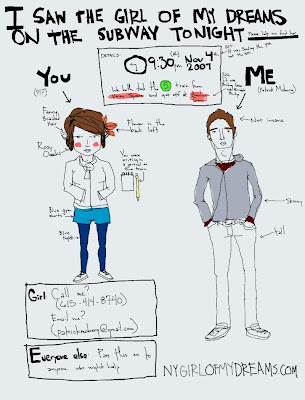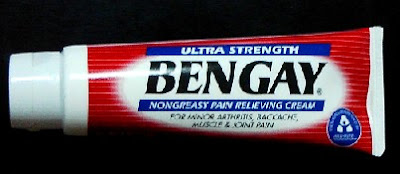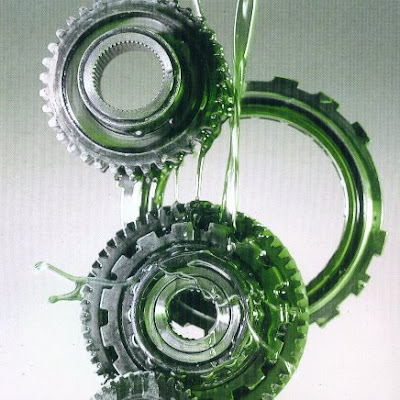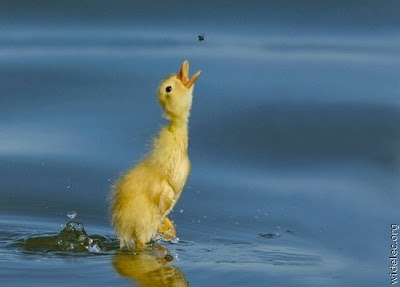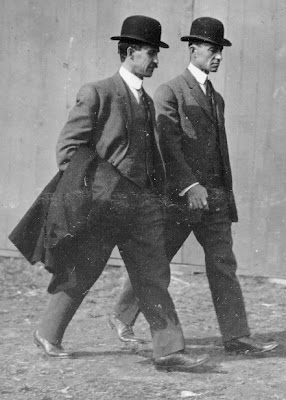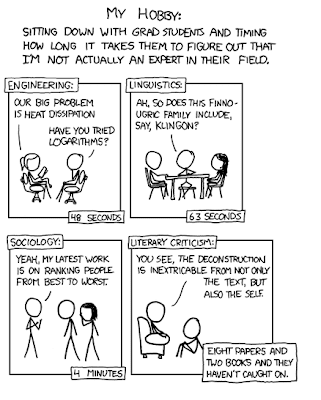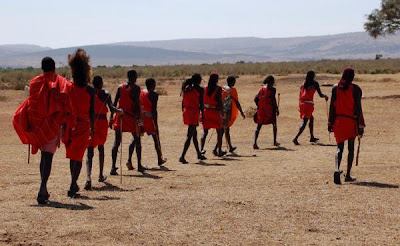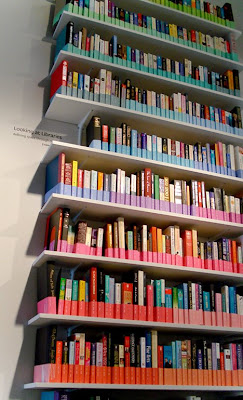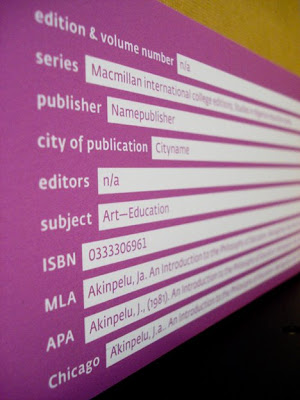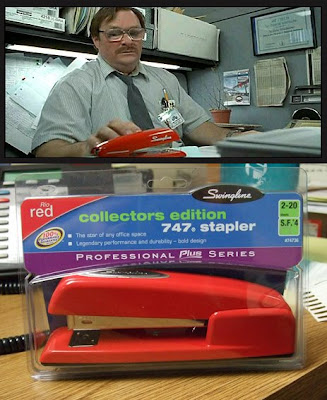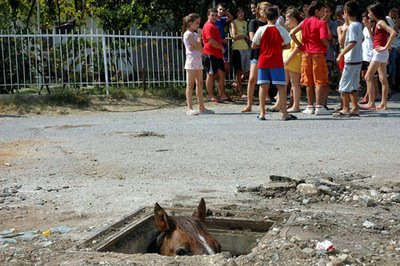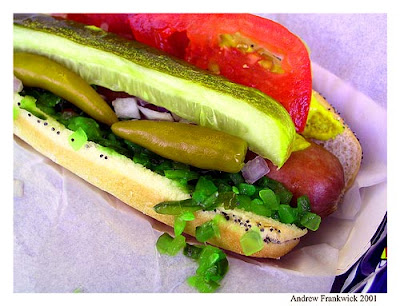Most of this post is simply me following a train of thought, so if it meanders from the initial point, or goes into some uncomfortable territory, please forgive me up front.
There is a basic argument in the food community that goes something like this:
Person 1: Eating meat is cruel
Person 2: What? How?
Person 1: Keeping animals in pens and then killing them amounts to suffering, and thus is immoral.
Person 2: How do you figure that? They're only animals.
At this point, the conversation can evolve into several different threads, either dealing with how humanity is supposed obtain protein, the ethics of farming, or whether animals feel pain in ways that we humans do. The latest internet variation on this topic comes from Jill Santopietro from the New York Times Blog, where she asks in her post Shell Shock "What is the most humane way to kill a lobster?"
Her conclusion?
After talking to several cooks, lobster shop owners, a lobster researcher and a food scientist, I concluded that the only one who really knows how the lobster feels is the lobster.
While her conclusion may seem a bit of a cop out, in fact, it enters the discussion surrounding morality into an entirely different arena, that of faith (That's faith with a lower-case 'f', by the way.)
Because if, in fact, the only on who really knows what the lobster feels, is the lobster, then no matter which side of the "animal cruelty" argument you take, your position comes down to an unproven thesis. As any body with a Master's degree can tell you, arguing an unproven thesis is a difficult proposition.
But here's the question I have - What does humane actually mean?
I know one interpretation of it: to be compassionate. This is the one that most people think of when the word comes up. But this is an ideal, not a reality.
No, the definition of humane that I focus on is the one found in the etymology of the word itself - "of or belonging to man," from the Latin word humanus. To me, this definition deals not in the ideal of humanity, but the current "snapshot" of us all - Good and evil, needs and wants, ideals and realities.
And then there's the real tough part - how does this definition fit when it comes to how we deal with the ethics surrounding meat?
I know how corporations deal with it. They purposefully ignore it, mostly for the sake of money. Cows and Lobsters become nothing more than commodities, vessels in which profits can be procured. This is the nature of corporations.
But at an individual level this approach does not, and should not, work.
I'll admit that my position surrounding meat is not as ideal as some would wish. Sure I dress it up in snarkiness and dismissiveness, but the reality is that at the end of the day, an animal will have died due to my own menu choices.
But here's the key. I'm okay with this. Death, whether we want to admit this or not, is part of the human experience. I've said this before but it bears repeating - food is not rooted in the glamor of what The Food Network shows, or what is presented to us at The French Laundry. It is rooted in dirt and blood. As Michael Pollan pointed out in The Ominivore's Dillema, tens of thousands of animals die in the collection of grain crops. Ask a farmer how many field mice, rabbits, or moles are killed during harvest season, and you'll be surprised at the answer. A great majority of vegetarian meals still have blood upon them.
So does the ideal of compassion fit into food? Of course. The question is how? The only answer I have is that every person on this planet deserves at least 1200 calories per day. To me, it is inhumane that people go hungry.
But beyond that? I still don't have a good answer that will please everyone. (via accidnetalhedonist)

Interesting. I've thought about these questions before. I Think I have the proper ethics worked out, but they are difficult to actually implement. I do eat meat, but it's difficult to work out where the meat came from and how the animal was treated. How much responsibility do you think the consumer has? Do you think the lack of control the consumer has should cause one to become a vegitarian or vegan? Do you think it even matters?
